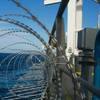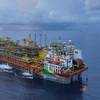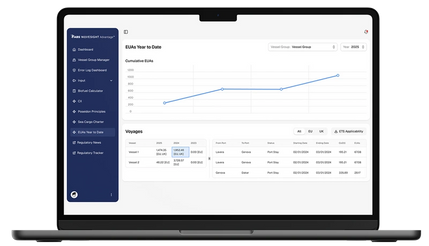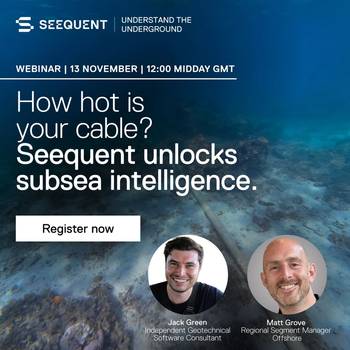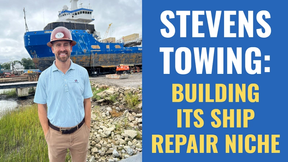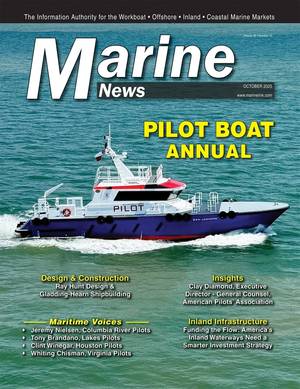Scandlines Converting Fehmarn Belt Ferries to Hybrids
Scandlines is taking another step in its long-term strategy to protect the Baltic region and the Fehmarn Belt, which the ferries cross daily.
With a total investment of more than EUR 31 million ($35 million), the company is converting two of the ferries operating the Puttgarden-Rødby route to plug-in hybrid ferries.
The aim is to reduce CO₂e emissions by up to 80% and promote ferry operations based on power from renewable energy sources.
On average, the batteries in the ferries will be charged with at least 80 per cent of the energy needed for a crossing in 12 minutes.
The refit includes:
• Installation of 5 MWh battery systems on each ferry
• Charging facilities for the ferries on board and at the Puttgarden and Rødby ferry berths.
Scandlines has signed a contract with Western Shiprepair in Lithuania for the conversion. The conversion of the first ferry will start at the end of August and of the second ferry in December. The work is expected to be completed in early 2026.
This initiative is an important milestone towards the goal of operating the Puttgarden-Rødby route without direct emissions by 2030. It is also part of Scandlines' overall ambition to become a direct emission-free company by 2040, in line with the Paris Agreement climate goals.
“It's about more than just technology - it's about responsibility. As a ferry company operating daily in one of the world's most sensitive waters, we have a special obligation to protect the marine environment we operate in,” says Scandlines’ COO, Michael Guldmann Petersen.
The German Ministry of Transport has awarded the project financial support as part of a funding program aimed at promoting the sustainable modernization of coastal vessels to reduce emissions. The program covers up to 40% of the conversion expenses.
Between 2013 and 2024, Scandlines has invested EUR 380 million in technologies to reduce emissions such as new hybrid ferries for the Rostock-Gedser route, rotor sails and new center propeller blades for the Rostock-Gedser ferries, new highly efficient and low-noise thrusters for the Puttgarden-Rødby ferries and algae-repellent silicone paint, which saves energy compared to conventional types of bottom paint.





